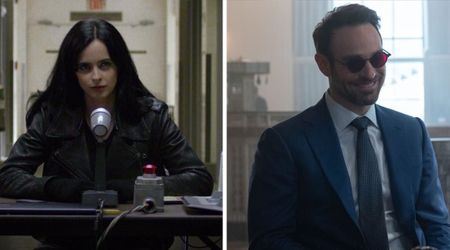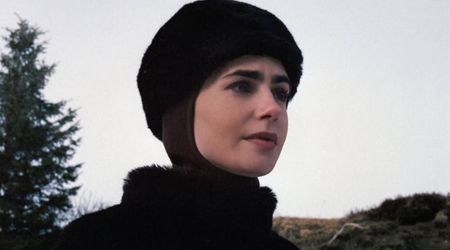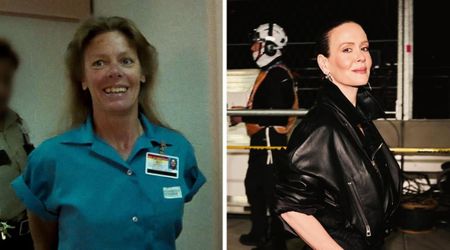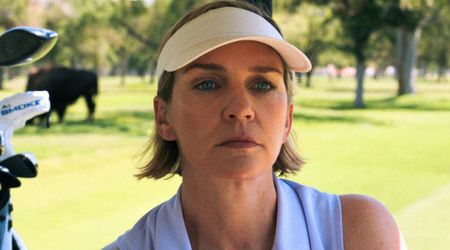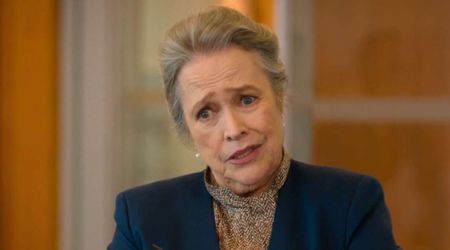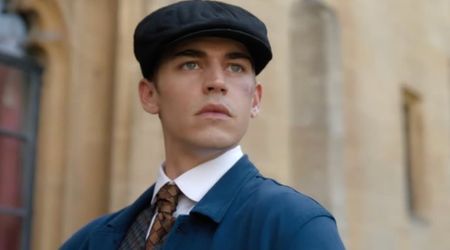'Penny Dreadful: City of Angels' Episode 2: Townsend is a caricature of evil while Peter's evil is subtle

In Episode 1, we saw exactly how Magda (Natalie Dormer), the demon, manipulates men to succumb to their worst instincts. Her intentions are obviously to spark an all-out race war in Los Angeles.
However, the only two men she has taken a personal interest in to achieve this end till now are the ambitious Councilman Charlton Townsend (Michael Gladis) and the German pediatrician, Peter Craft (Rory Kinnear), who also happens to be the head of the "German-American Bund", an organization of German immigrants that wants America to pursue an isolationist policy to war brewing in Europe.
For Councilman Townsend, Magda manifests as Alex, a middle-aged secretary and for Peter Craft, as an unhappily married German immigrant, Elsa, with a sickly child. The corruption of these two men is handled so differently that you wonder if you are watching the same show.
Councilman Townsend, stuck in the transportation department, wants to be more powerful. Through him, creator John Logan wants to depict the mediocre but ambitious government official with political aspirations.
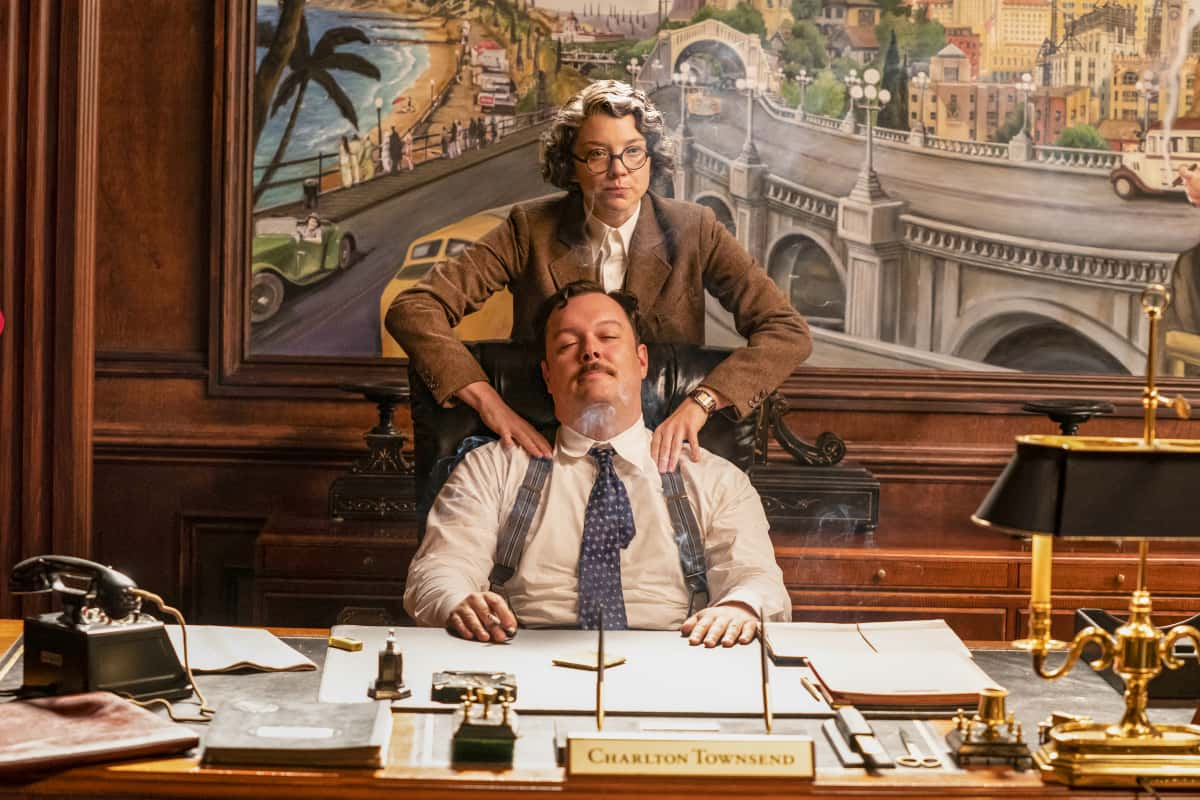
But his scenes, designed to make him look slightly buffoonish and easily manipulated, turns him into a caricature of a self-serving public official. We get to see nothing of him as a person, except his exchanges with Alex and his public appearances. This makes him a flat character that serves as a narrative peg rather than a fully fleshed-out character.
So much could have been done to show him as a mediocre public servant, who probably isn't respected by anyone in his office or at home, which makes him susceptible to the temptation of power and fame.
Instead, we get scenes that show the process of his corruption in a heavy-handed manner, which is difficult to take seriously. Alex made him meet an OTT Nazi on a clifftop in the last episode, who promises him that he will, in the end, betray his country to become the mayor of Los Angeles.
In this episode, she gets him to trim his mustache to look more like Hitler. He is also given clunky, obvious dialogue like, "Should we be using the death of policemen for politics?" to voice his misgivings about the path Alex is leading him down. We also don't get to see why he is so influenced by the grey-haired, middle-aged, matronly Alex the secretary -- what is their deal? Why does he let her organize his life and his moves without batting an eyelid? And would a man in the 1930s allow a woman to have that much say over what he does?
Unfortunately, because of the way Nazis (and Hitler) have been lampooned and parodied over decades in film and on TV, the Third Reich no longer holds the sort of menace they once did on-screen. The only exception is when they are given a highly-detailed and nuanced treatment rather than the "generic baddie" take that reduces them to a villainous archetype. Thus the whole "Nazis and Councilman Townsend" part of the storyline falls flat and Alex's manipulation feels forced and way too obvious.
In contrast, a few short scenes show far more effectively how Magda, as the blonde "Aryan" Elsa, gets under Peter Craft's skin. When we meet him first, we see him as essentially a good man. He is a patriot whose country's defeat in WW I and the subsequent humiliations heaped on his countrymen still rankles.

This is why he is the head of the German-American Bund, who act like peaceniks wanting to keep out of "unnecessary wars", even though they are waving the hated swastika flags. They feel like a genuine slice of history -- the prototype Nazis -- unlike Townsend's Nazis who look like they have been ripped from a bad World War II movie.
We see him dealing with his depressed, alcoholic wife, and his loving interactions with his two sons. We see how Elsa's "poor abused woman" act captures his sympathies and how her talk of Berlin and nostalgia for the Fatherland affect him deeply as he feels out of place in America too.
With a wife who barely responds to him, he is also susceptible to Elsa's subtle seduction of holding hands too long and her talk about wanting to escape her unhappy marriage and sail to Tahiti. We see Magda mirroring Peter's feeling of alienation in the new country as a German immigrant and his dissatisfaction with his marriage.
In Episode 2, Elsa also appears as his wife during sex, concretizing his feelings of lust toward her that he had been deflecting since he met her. Peter's slow corruption wrought by Elsa has narrative heft and a ring of authenticity -- we see how evil takes root in a man who is mostly good but misguided.
But how the same show can have such differing and contrasting creative treatments of how evil takes root in a man is puzzling.
The series airs Sundays at 10 p.m. ET/PT on Showtime.

